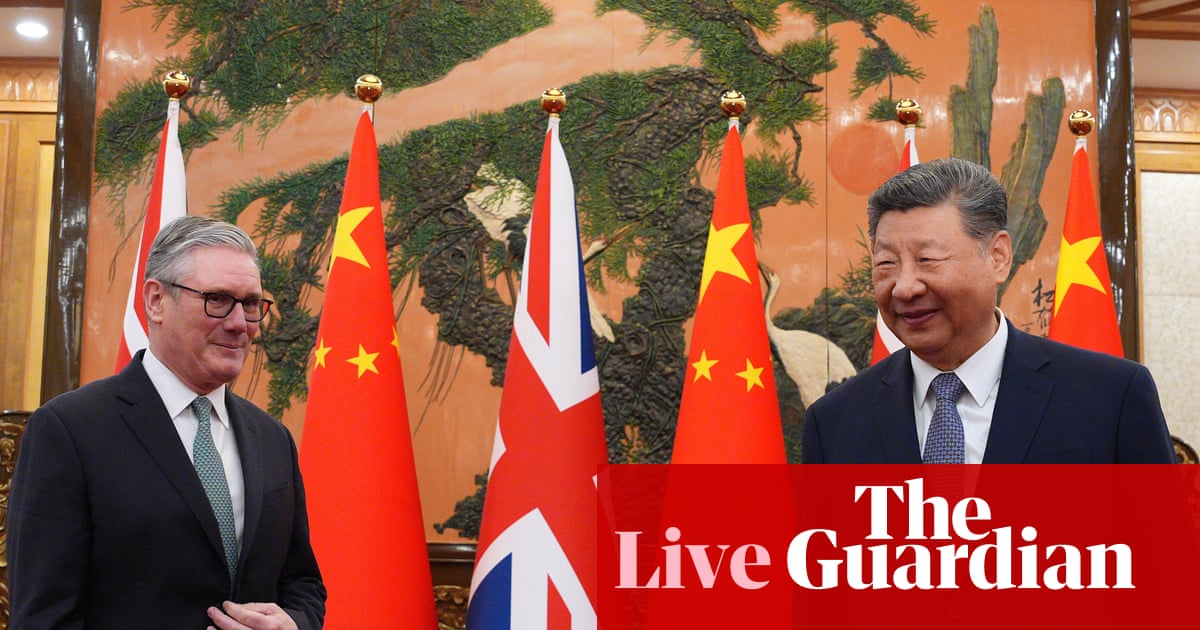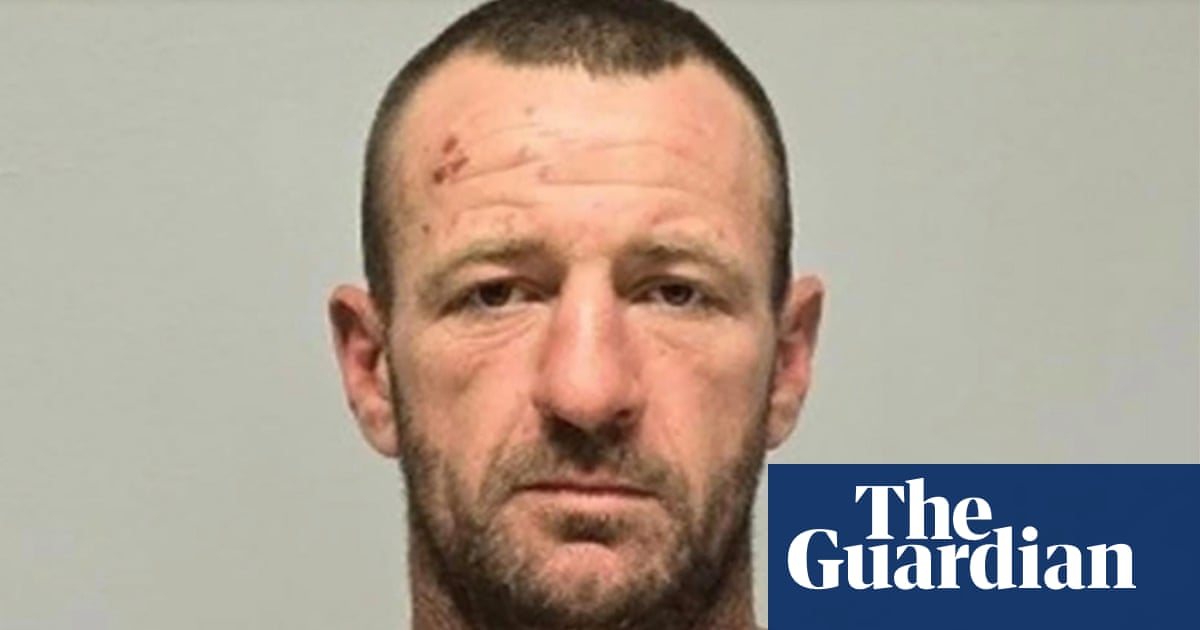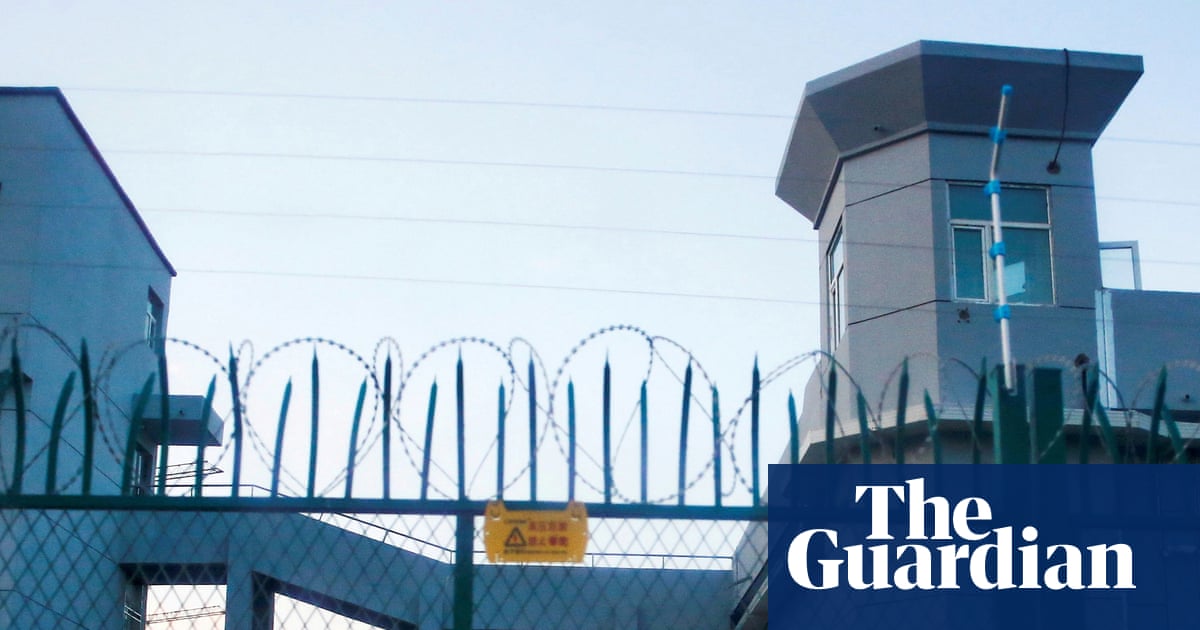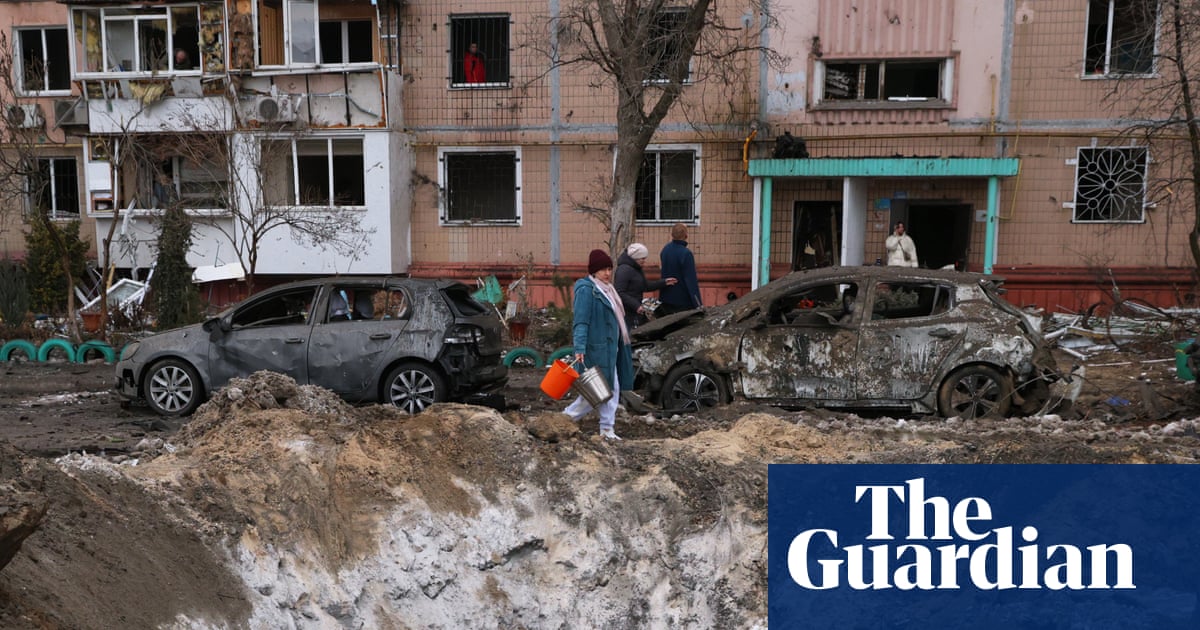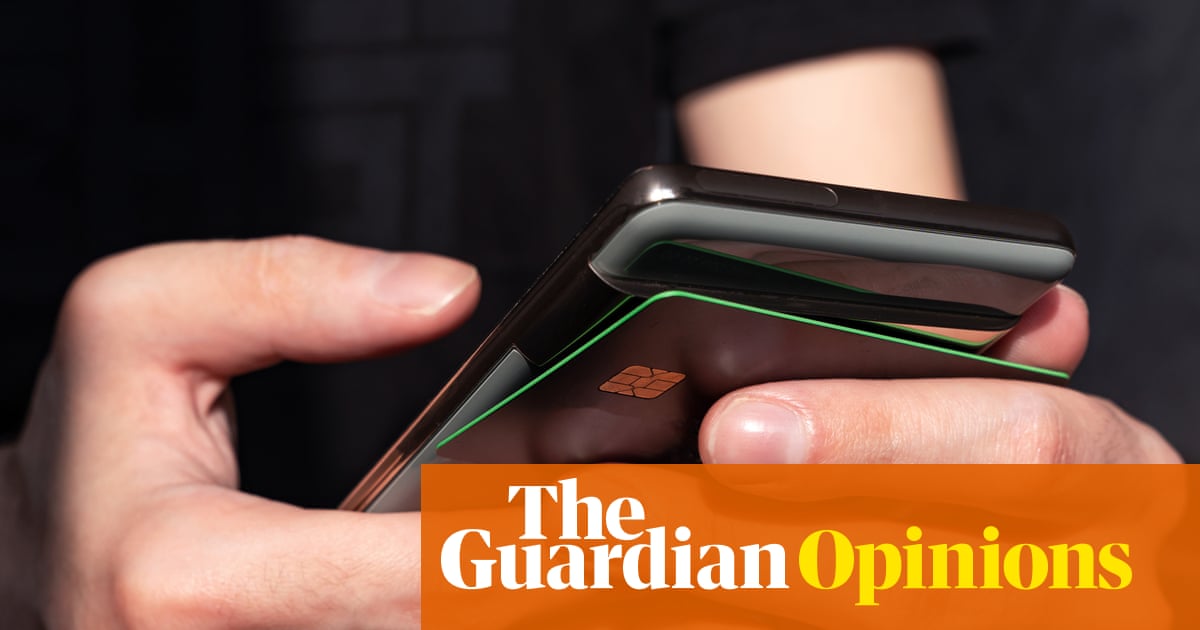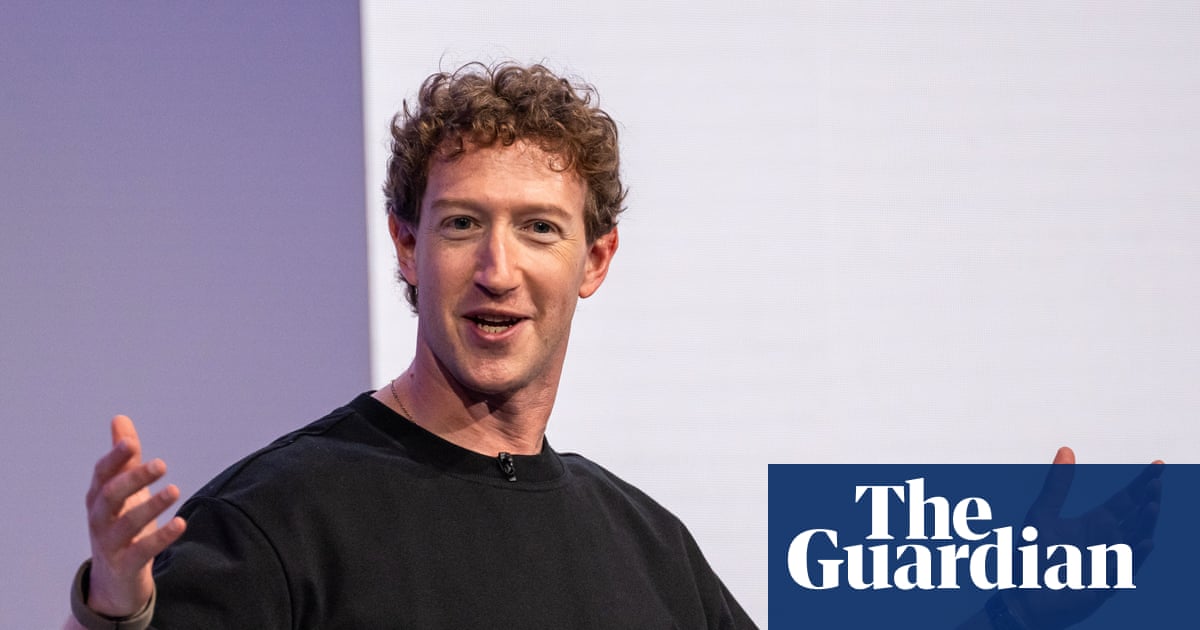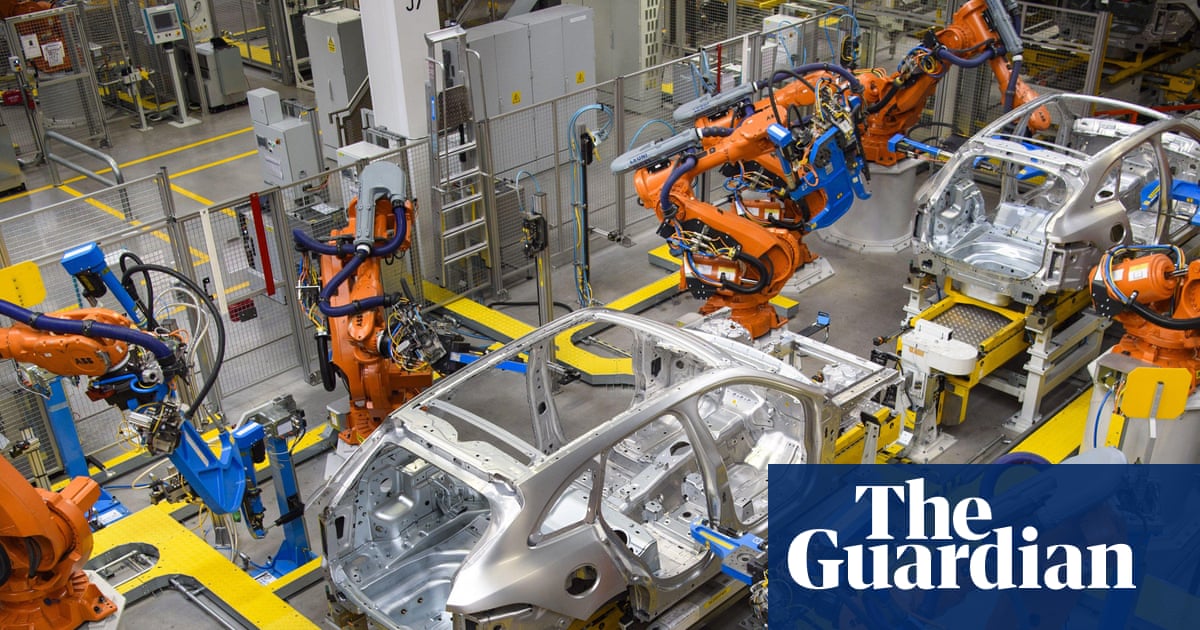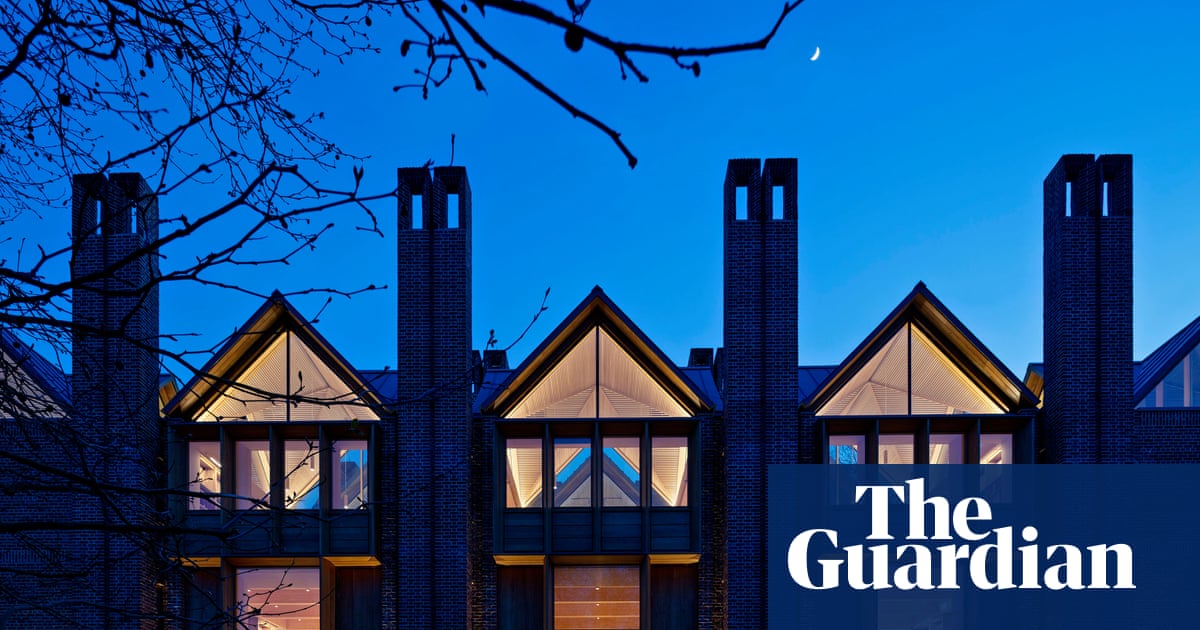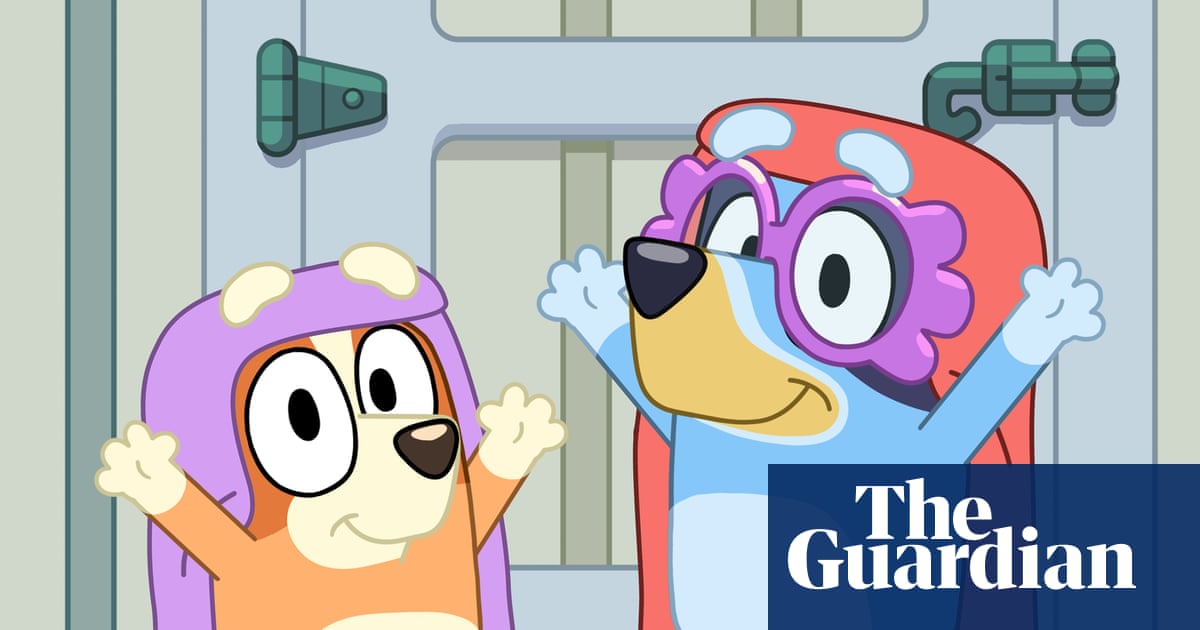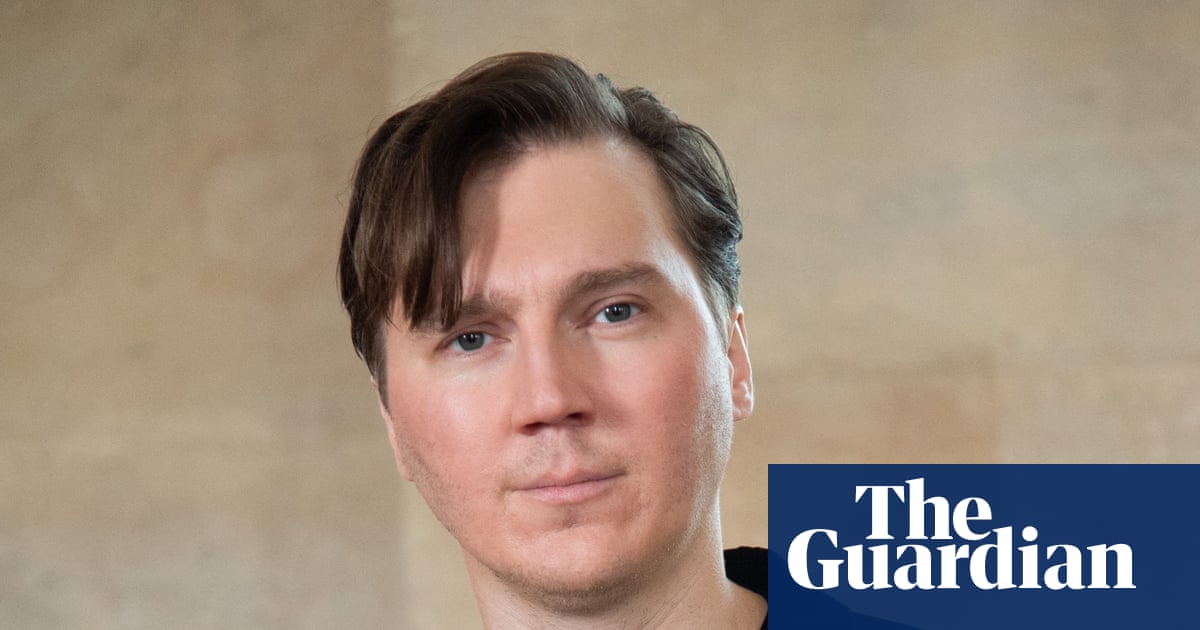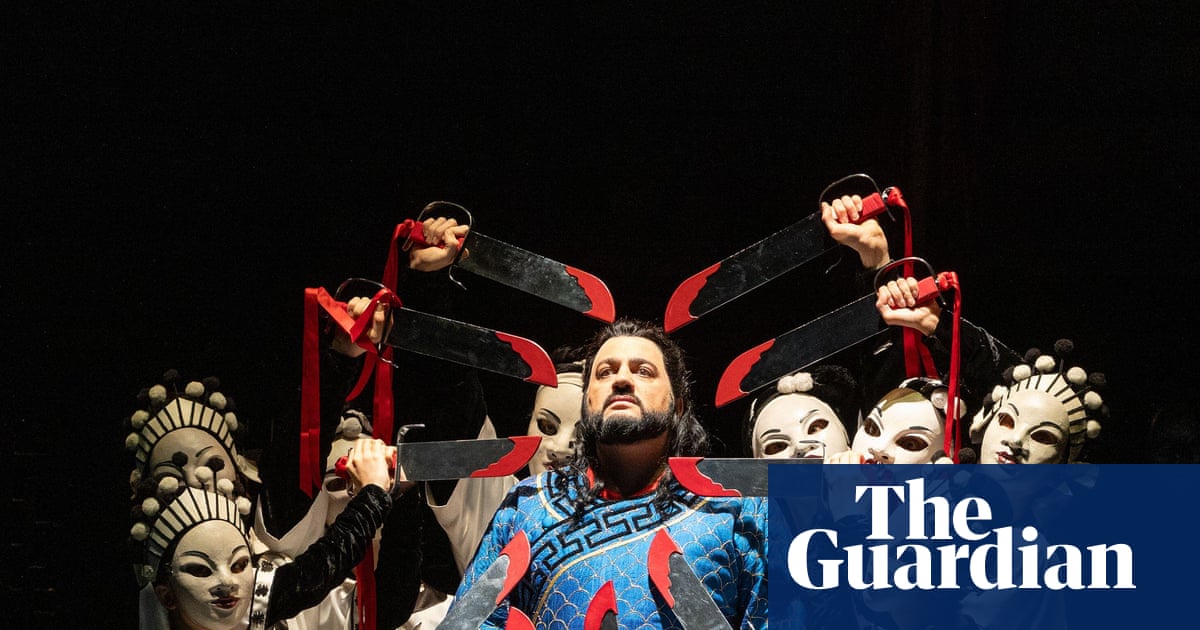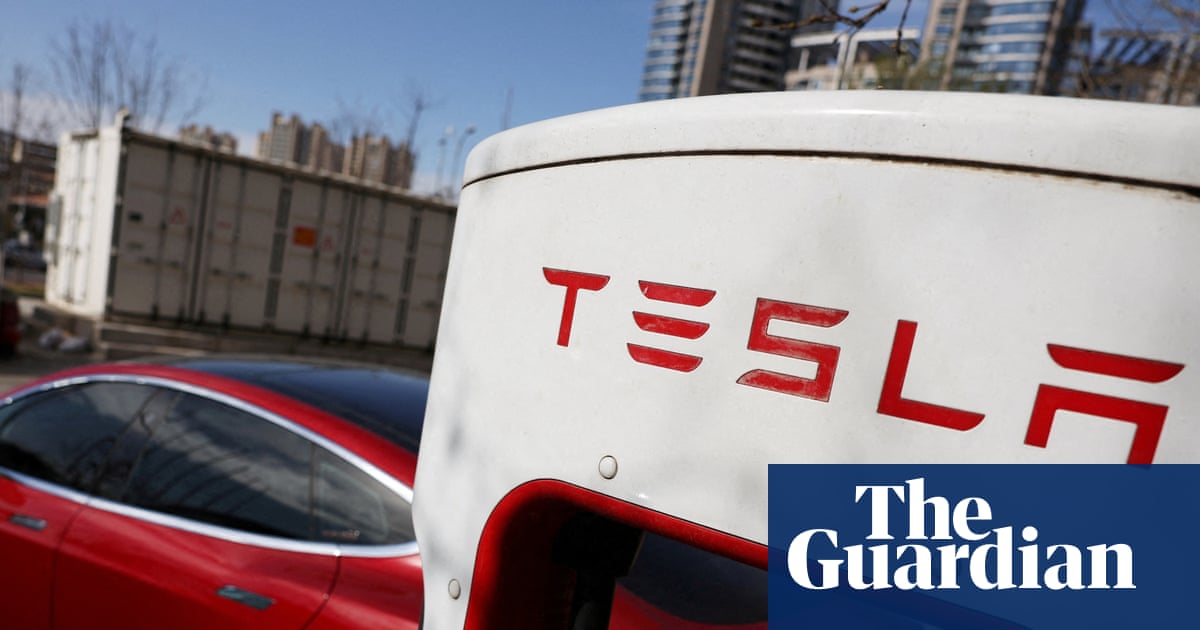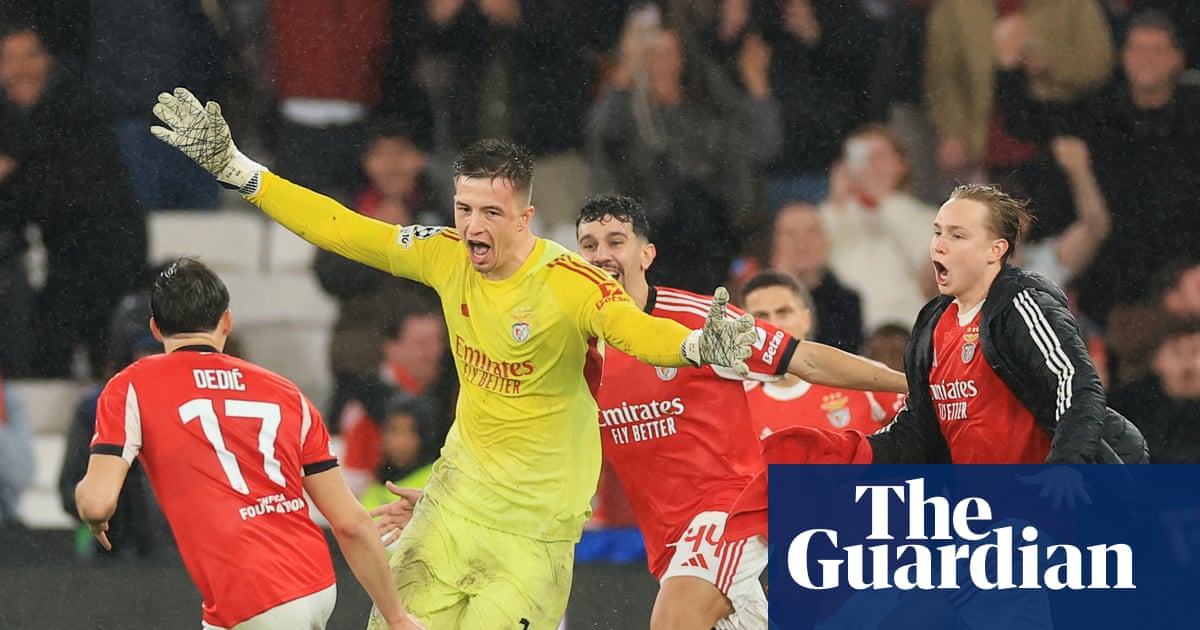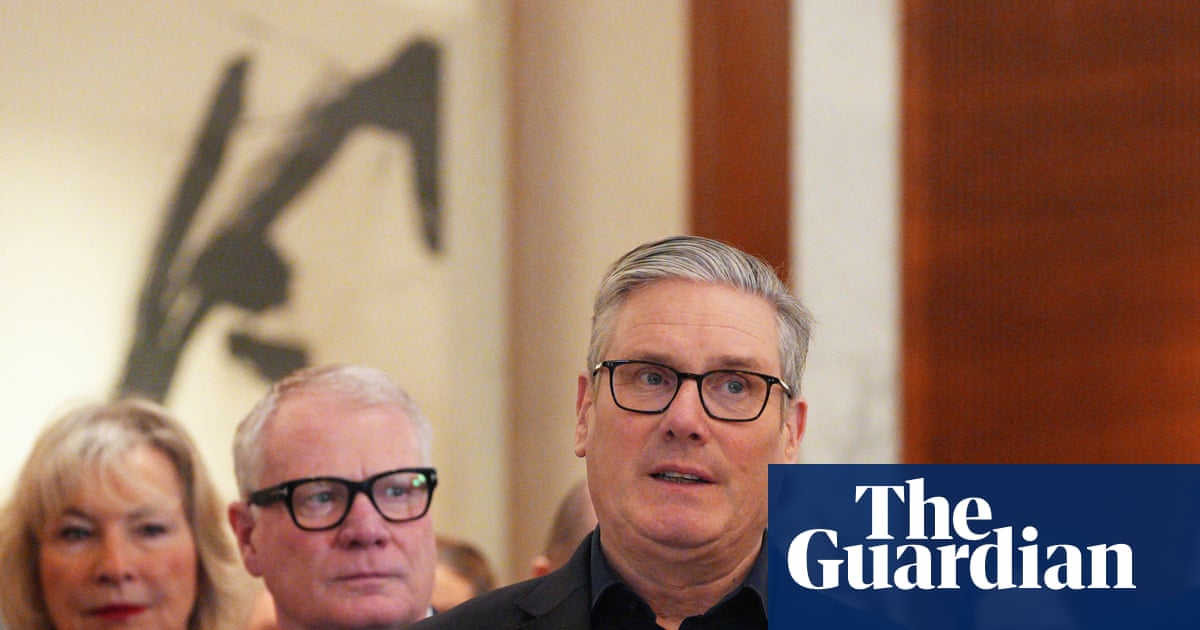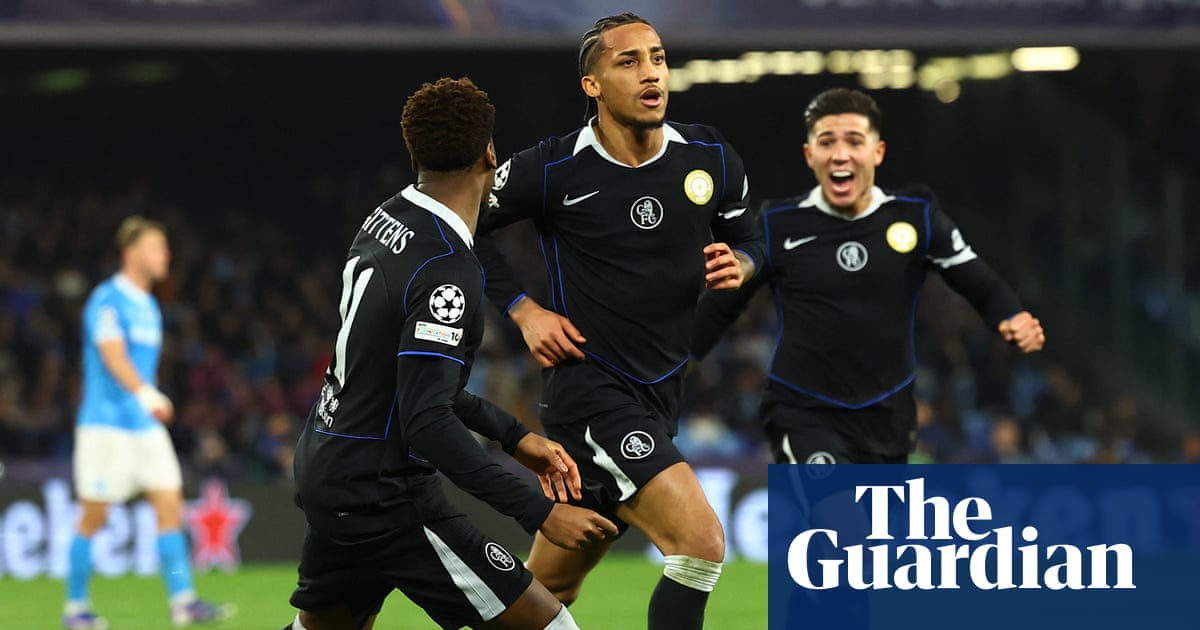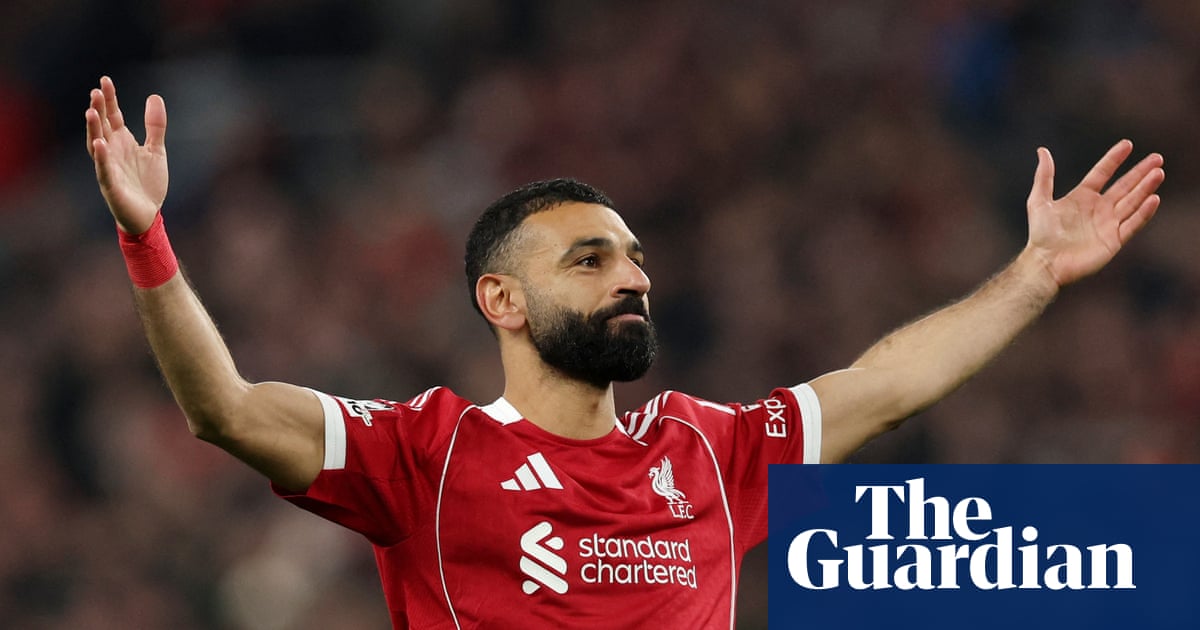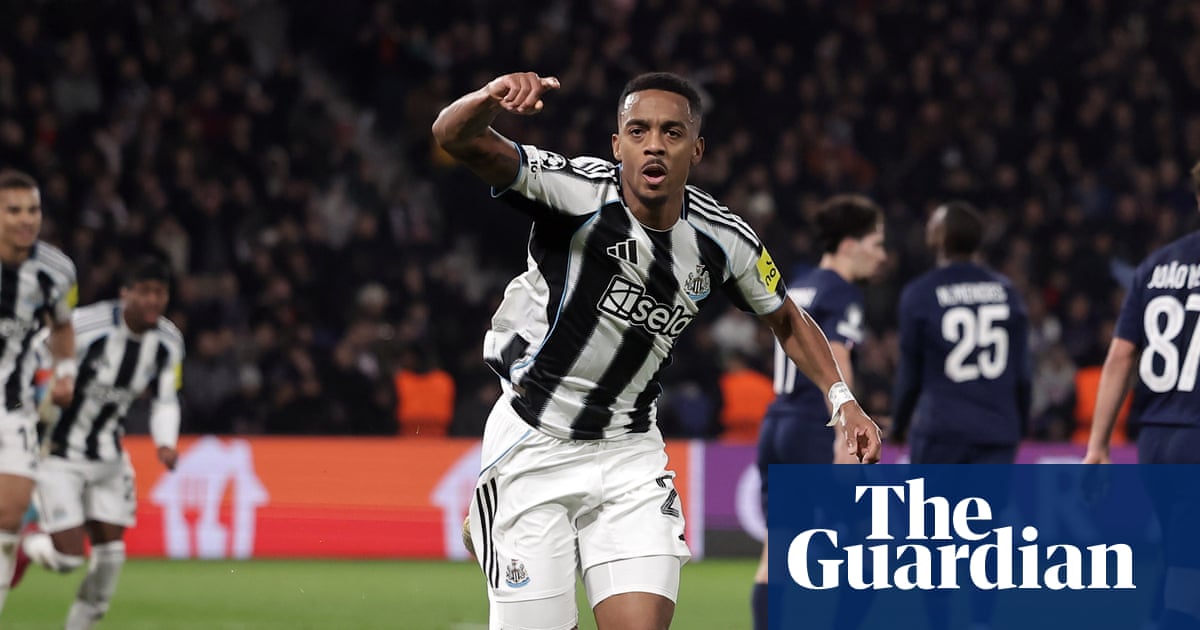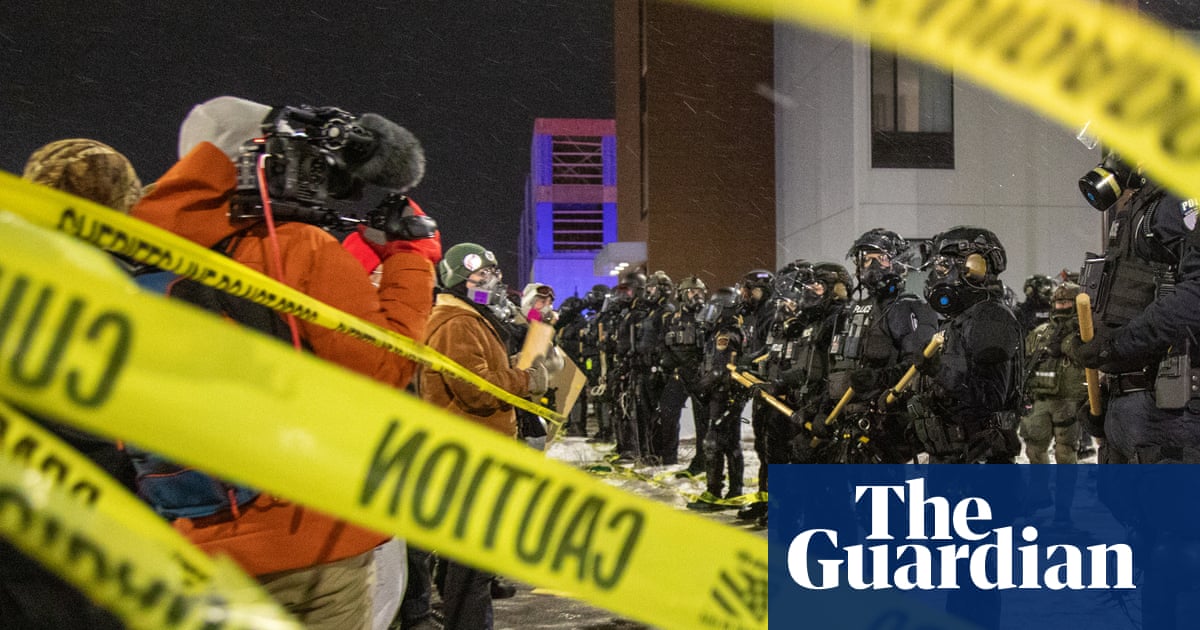Robin van Persie was warming to his theme, imparting wisdom to his children, Shaqueel and Dina, then 14 and 10. “We were at the kitchen table in our new house and I was giving them a speech: ‘You have to find your passion as soon as possible!’” He is, however, self-aware enough to realise how parental monologues are received. “I was ‘passion this, passion that’. It went on and on and on.”
It was Dina who brought him up short. “Yeah, Dad, but what is your passion now?”
Van Persie, Premier League winner at Manchester United, star of Arsène Wenger’s young Arsenal team, twice the Premier League Golden Boot winner, had just quit playing in 2019, finishing his career at his boyhood club, Feyenoord.
“When you stop as a player some part of you dies. It was the thing I did my whole life, my identity, who I am. And that question really got to me. I said: ‘My passion is football but I cannot play any more. I work for BT [as a pundit] now.’ She asked: ‘Is that really your passion?’”
“‘I like it, I really learn a lot from that,’” he said.
But, Van Persie says, Dina continued to press him, asking: “But is this your passion? Do you want to be the best pundit in the world? No. So what is the second-best thing about football?”
His answer: “Being a coach. But then I have to do my badges and I have to go back to school. I have to do all these theory exercises and I’m not looking forward to that.
“And she said: ‘If you tell us we have to find our passion, you should do the same.’”
Which is how Van Persie came to spend long nights writing up theses on football tactics. He jokes that he barely knew how to open a laptop before 2020 but later he is happily flicking through slideshows illustrating Feyenoord’s key values, training schedules, personal development plans: quite the transformation from old pro to PowerPoint manager.
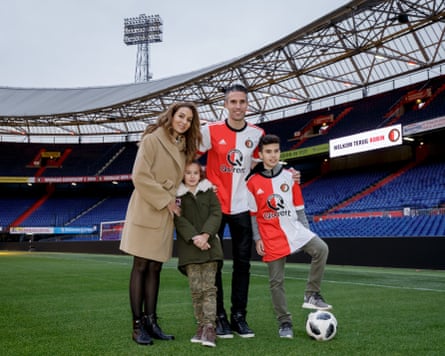
“At the start of the coaching course, I had [offers of] help from colleagues to do everything for me. I said: ‘Stop! I will do everything myself, type every letter. I have to learn.’ One exercise, I was busy for weeks and really proud. I sent it in and the big red cross came back. ‘Not good enough. You have to do more.’ OK, I get the point. Two weeks later I filed it again. ‘Now I will get an A.’ And again, the red cross. ‘Is this teacher trying to test me? Is it because I’m an ex-player?’ The fourth time I filed it in and it was: ‘OK, pass.’
“I thought: ‘Do I really want to go through this?’ It felt like … torture is a big word, but you know what I mean? It was tough. My first idea is to quit. And my daughter was: ‘Oh yeah! You want to quit on your passion? Get on with it and do it better!’ So I decided to go for it, put my ego aside. That was the moment I accepted I wasn’t a footballer any more.”
And that is how we end up here at the historic De Kuip, Feyenoord’s stadium, Arne Slot’s old club, which Van Persie has inherited. It is now long into the afternoon and he shows no signs of wanting to leave. Rather, he wants to talk about the values he is instilling as coach here at Feyenoord – they were top of the Eredivisie before PSV beat Fortuna Sittard 5-2 on Friday night – and launches a PowerPoint to explain their project and demonstrate the detail he obsesses over as a coach.
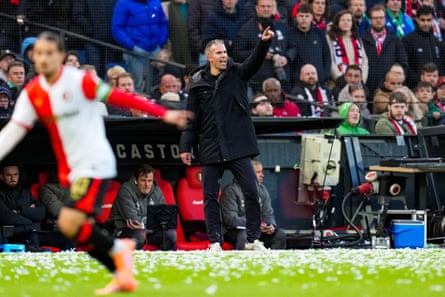
This player, he explains, has improved his speed to 33kph (20.5mph) by making adjustments to his running style. All players have personal development plans where they have to talk about their strengths and weaknesses. Footballers are never great at the latter but Van Persie leads by example, sharing his weaknesses in team meetings. “The feedback is that I can be really direct about the way I just give my opinion,” he said. “So sometimes players can take that personally. In my opinion, they should not. But they can. So I have to do something with that. That could be a pitfall for me.”
It was probably useful he shed his ego on the coaching course as a few weeks into his first club job at Heerenveen, a mid-table team with a 2009 cup win to their name, he was on the wrong end of a 9-1 defeat. “We had a good first half! We were 2-1 behind but could have been 3-2 ahead. So I took off one of my defensive midfielders. I wanted to go for the win. And then everything that could have gone wrong went wrong. Forty-five minutes later you’re like: ‘What just happened?’ That was an important learning moment for me. I realised that we should have a safety-net option, a Plan B, sometimes just three minutes of normal football. Then we have an escape and we go back to our normal. That is what I learned.”
after newsletter promotion
Road back to Feyenoord: RVP's journey as an MVP
Show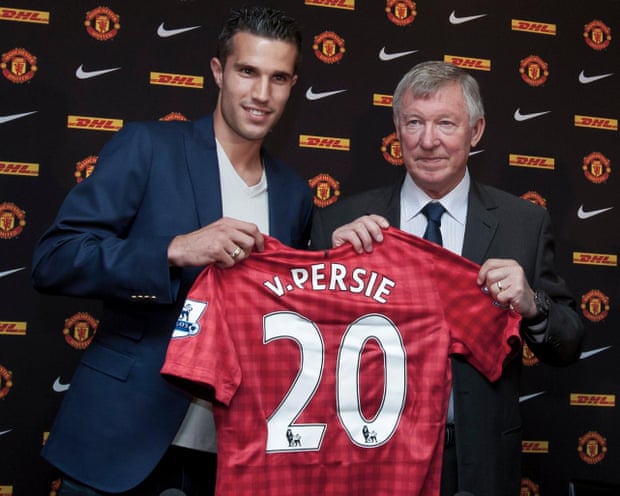
2001-04 Makes a senior Feyenoord breakthrough at 17, wins the Uefa Cup, but falls out with manager Bert van Marwijk over his attitude.
2004 Joins Arsenal for £2.75m, half Feyenoord’s original asking price. Arsène Wenger explains he plans to convert the little-known winger, 20, into a forward: “We just feel there is something really interesting there. He has potential.”
2005-12 Wins the FA Cup in 2005, hits 35 goals as captain in 2011 and wins Golden Boot and Player of the Year titles in 2012. Signs a new deal in 2009: “I just can’t picture myself in a different shirt.”
2012-2015 Joins Manchester United for £22.5m (pictured). Wins the title in 2012-13 but is hampered by injuries.
2015 Joins Fenerbahçe on a three-year deal for an undisclosed fee.
2018 Returns to Feyenoord on a free but retires a year later. Signs off with 102 Netherlands caps. Starts coaching at Feyenoord.
2024 Joins Heerenveen in his first head coach role – then takes the Feyenoord job in February this year.
There is a growing club of former teammates in his business. He is still in touch with Cesc Fàbregas, coaching Como, fifth in Serie A. “Even now we have a fantastic connection. He wasn’t the fastest, but he was always on time. He was reading the game and spaces so well, that vision, technique, composure on the ball. And a little bit nasty as well! I liked that.” Van Persie recently reconnected with Jack Wilshere, now managing Luton. “Mikel Arteta as well. Me, Jack, Cesc. Who’s next?”
Right now Feyenoord looks like a long-term project. His son Shaqueel, now 18, is on the fringe of the first team and the whole family are enjoying being back home again. But naturally the Premier League could come calling. “I think the English league in every possible way is the best. I felt that as a player and it’s even improved, is even more demanding for players and coaches [now]. So, yeah, never say never.”
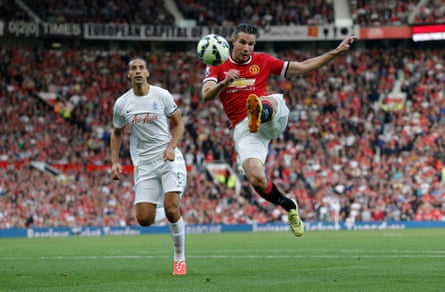
All the input he has from staff, data and laptops is some way from the old-school management under which he grew up. “We had nothing back in the day in terms of all these tools. If we played a Champions League game, we would look at AC Milan for maybe 10 minutes. Then it was: ‘Go and play. Express yourself.’”
If you wanted to have a who’s who of mentors, then Wenger, Sir Alex Ferguson and Louis van Gaal is quite the brains trust. Van Persie ponders how Ferguson “had the managing skills to keep not only 27 millionaires happy, but the whole building. The whole of Carrington was excited, happy, proud to work there. That’s the team culture he created with [chief executive] David Gill. Back in the day, you had one coach and one director. Wenger had it as well, with [vice-chair] David Dein. If you look at Wenger and [his chief scout] Steve Rowley they were basically doing the same without a laptop.”
Wenger frustrated Van Persie initially. Arsenal had taken a huge risk in buying him at 20 given he was an undisciplined Feyenoord reserve – he admits that in today’s data-driven age “I don’t think Arsenal would sign me” – and he struggled to make the starting XI. Wenger called him in. “Robin, why are you not a top player yet?”
“Tell me,” Van Persie begged. But no answer was forthcoming. The manager was setting him a puzzle to solve. A few days later Rowley, who died in 2022, took Van Persie aside. “He showed me a game I hadn’t played in but Dennis Bergkamp did, when they beat Man United 2-0. Steve said: ‘This is the player you can become!’” Rowley apparently then paused for effect, before adding: “Not as good as Bergkamp, obviously!” And pointed out not only his compatriot’s positional discipline but also his gym sessions, massages, diet. “It was the attention and love they [Steve and Arsène] gave me, trust to keep developing and getting better.”

To complete the coaching pantheon he made a pilgrimage to see Pep Guardiola at Manchester City before he launched his own career at Heerenveen. “I had lunch with him, there were a couple of water bottles on the table and he was shuffling them, saying: ‘He moves in here and he moves right. He should go, he should commit, he should come out.’ And he was moving his leg like this …” Van Persie taps his foot repeatedly and manically, as apparently Guardiola does when animated. “And he was talking about connections on the pitch. I arrived quite tired after a long day but I was buzzing. Watching the coaching, he was on Kevin De Bruyne, sharp as a knife. It gave me energy. And my friend, who knows him better, said to me afterwards: ‘This is the only way if you want to be a coach at this level.’ And I was thinking: ‘How can I give everyone from the washing lady to the director the feeling they have such an important impact on the club, that we are doing this together?’”
Part of the answer again came from Dina, now aged 16. Her passion is equestrianism, specifically dressage. Van Persie is intrigued, watching her in competitions and preparations. “So I asked her: ‘Why do you put so much effort into brushing the horses, washing them, cleaning them, going to the dentist. This horse is looked after better than me! Explain that to me.’ And she said: ‘It’s finding that connection. The horse has an influence during the games [dressage competition]. I’m building a friendship with the horse, so the horse trusts me when I need to count on the horse.’ And I was like: ‘OK, that actually makes sense.’ That is what I’m doing now with my players. If we trust each other we can perform better.”

 2 months ago
43
2 months ago
43
